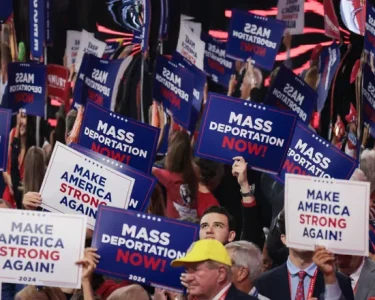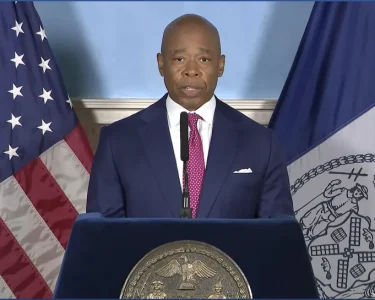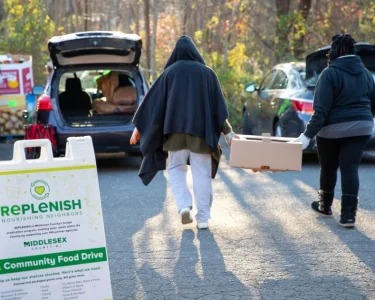The much-anticipated trial over the Texas “Trump Train” highway confrontation has officially begun. This incident, which took place in October 2020 during the final stretch of the U.S. presidential campaign, involved a convoy of Trump supporters surrounding a Biden campaign bus on a Texas highway. The altercation has since raised serious concerns about political intimidation, free speech, and public safety on American roads.
The Incident That Sparked the Controversy
On October 30, 2020, as the Biden-Harris campaign bus traveled between San Antonio and Austin, a group of vehicles displaying pro-Trump flags and banners, now famously dubbed the “Trump Train,” swarmed the bus. The convoy boxed in the bus, leading to a series of tense moments that escalated into physical confrontation. At one point, a vehicle belonging to a Biden staffer was sideswiped by one of the Trump supporters’ trucks, prompting the staffer to call 911. The FBI opened an investigation shortly after the incident, and legal actions have since followed.
Legal Proceedings and Charges
The individuals involved in this incident now face multiple charges, including allegations of harassment and reckless driving. Prosecutors argue that this act of political intimidation was not only dangerous but an infringement on the Biden campaign’s right to freely travel and express their political message without fear. The defense, on the other hand, claims that the actions were peaceful demonstrations of support for Donald Trump, dismissing the idea of any malicious intent.
The trial is set to test the limits of free speech and political expression, as both sides continue to present their case. With the courtroom arguments underway, public attention is focused on the potential implications this case could have for future political protests.
The Role of Social Media
Social media played a significant role in the escalation of this event. Videos and photos of the “Trump Train” swarming the Biden bus quickly went viral on platforms like Twitter and Facebook, generating both outrage and support. Hashtags like #TrumpTrain and #BidenBus trended on social media, further polarizing the political discourse.
Supporters of the “Trump Train” viewed their actions as patriotic and symbolic of their dedication to Donald Trump’s “America First” agenda. Conversely, critics argued that the convoy represented a dangerous escalation of political tensions, with the potential to spark violence.
This incident is just one of many that highlighted the role social media plays in mobilizing political movements, often amplifying divisive rhetoric and heightening tensions between opposing groups. The “Trump Train” highway confrontation remains a stark reminder of how quickly political acts can spread and influence public opinion online.
What’s at Stake?
The outcome of this trial carries significant weight, not just for those directly involved, but for broader issues of political activism and free speech in the United States. Legal experts suggest that the verdict could set a precedent for how far individuals can go in expressing political support without crossing the line into intimidation or harassment.
For the Biden campaign, the trial is about ensuring that political actors, regardless of their stance, are protected from physical or verbal threats while participating in the democratic process. For Trump supporters, it’s about defending their right to protest and express their political views in public spaces.
Regardless of the outcome, this case will likely shape future discussions about the balance between free speech and public safety during politically charged events.
Broader Implications for American Democracy
The “Trump Train” incident is reflective of the deep political divide in the United States, where public displays of support for one political candidate can quickly escalate into confrontations. The trial is a moment to reflect on how political polarization has seeped into everyday life, even impacting what should be peaceful expressions of democracy.
As political campaigns in the U.S. become increasingly intense, this case underscores the need for clear boundaries between political expression and intimidation. It also highlights the importance of maintaining a legal framework that protects free speech while ensuring public safety on roads, in public spaces, and during elections.
The trial over the Texas “Trump Train” highway confrontation marks a pivotal moment in American political history. It brings into focus the tensions between political activism, free speech, and public safety. As the courtroom arguments unfold, the broader implications of this case could extend far beyond the individuals involved, shaping future political protests and demonstrations.
For more insightful articles on current events and political developments, explore Digital Digest, your go-to source for news and analysis.





